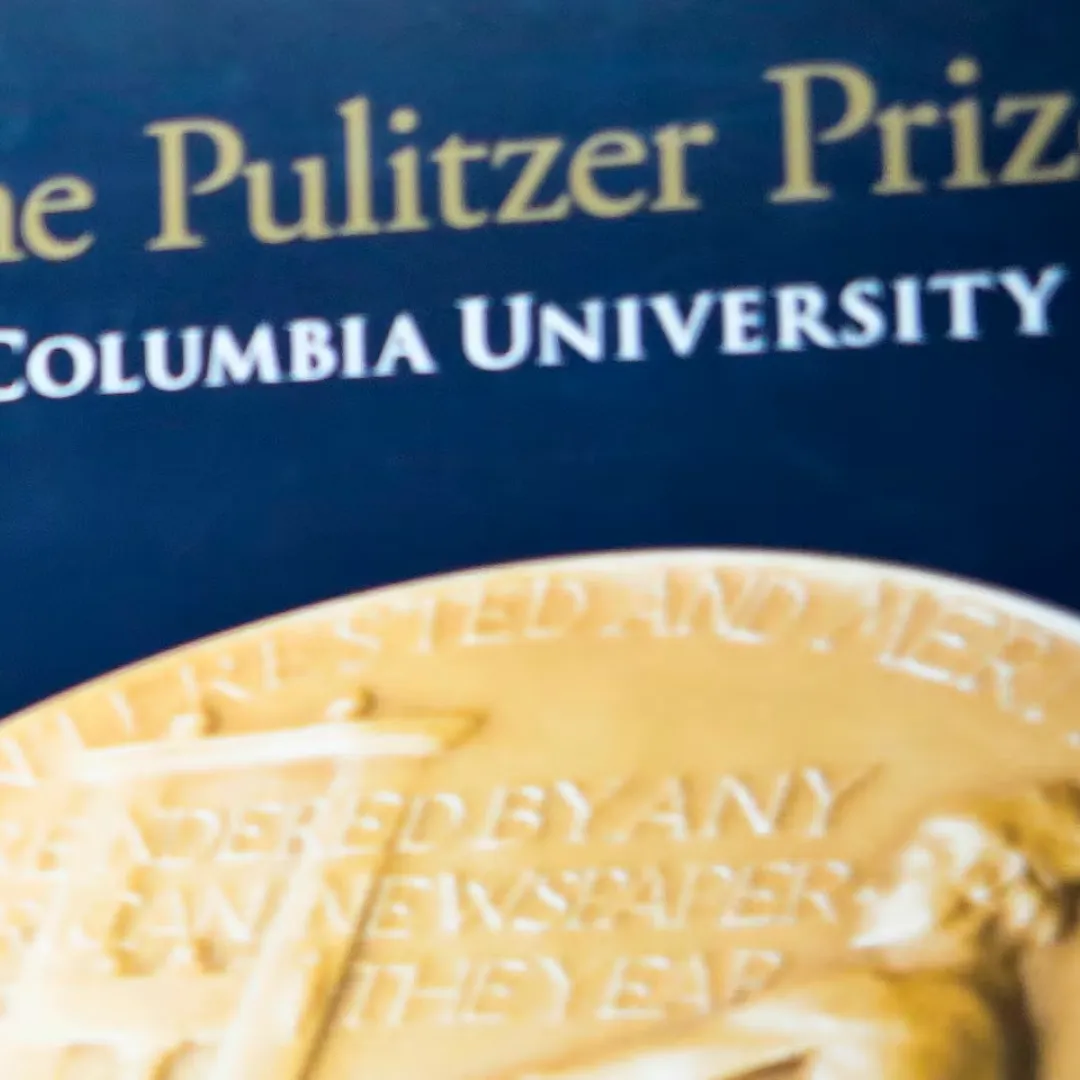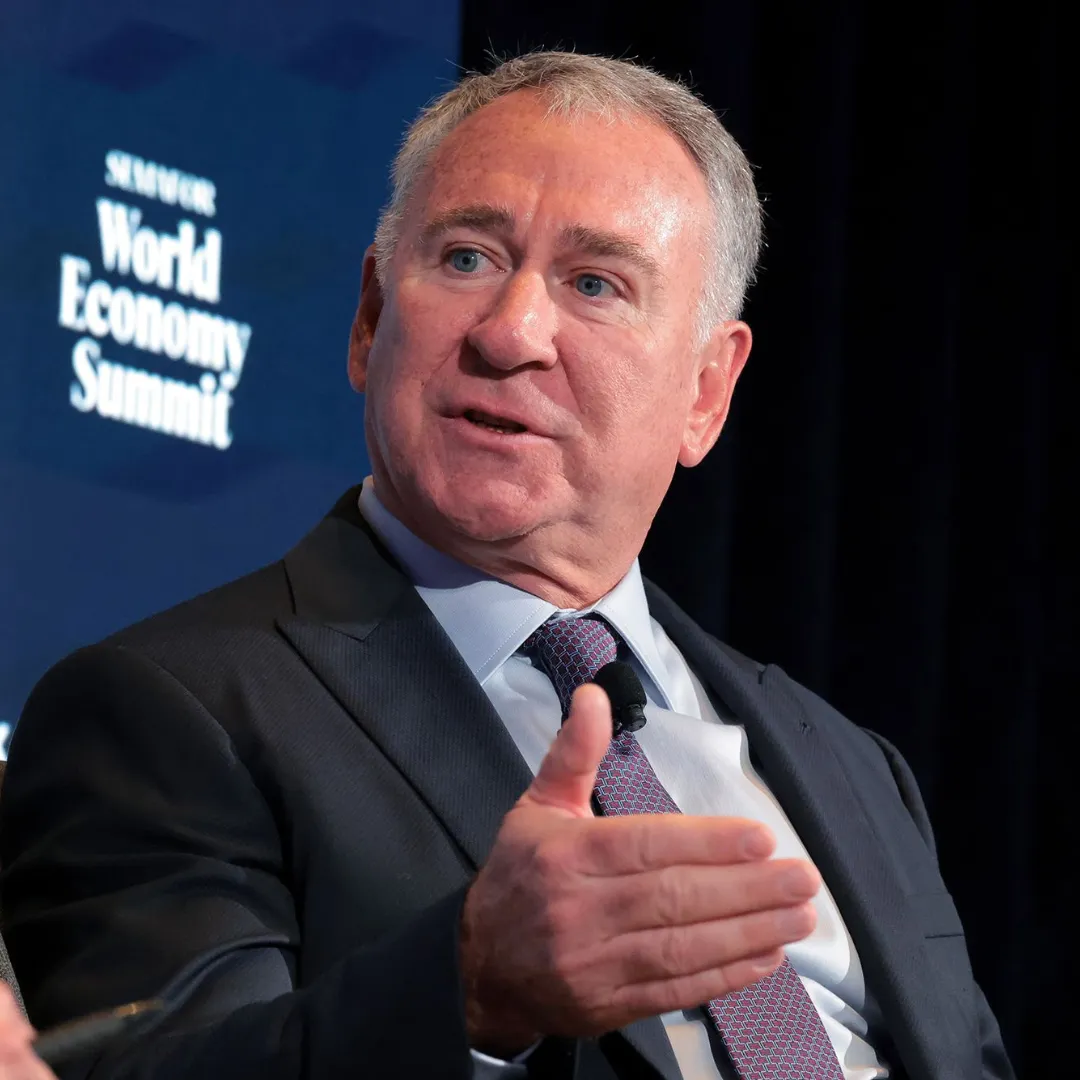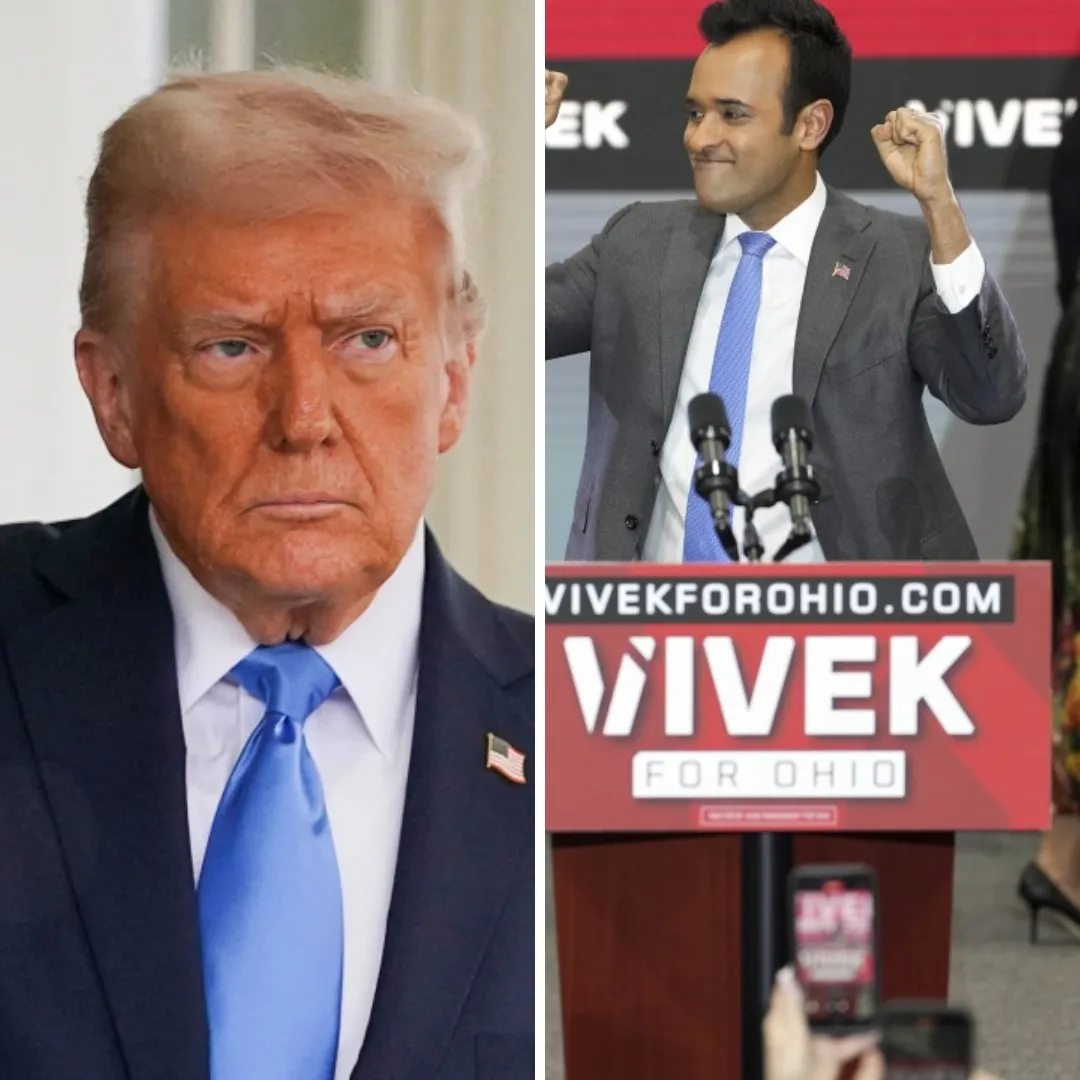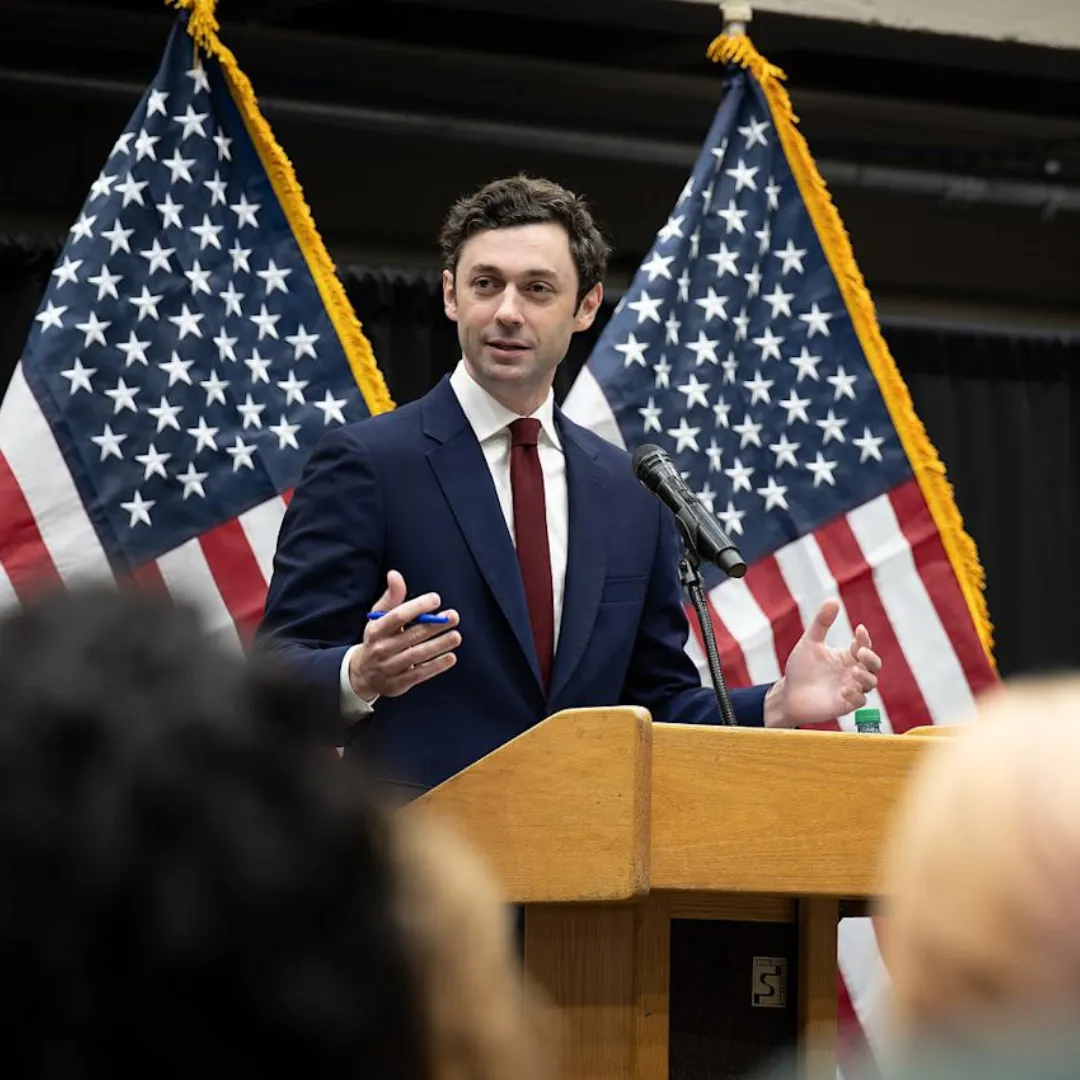
President Donald Trump has sparked renewed outrage after publicly dismissing critics of his Qatar jet deal as “fools,” doubling down on his defense of accepting a $400 million luxury aircraft from the Qatari royal family and provoking a fresh wave of bipartisan concern about ethics, legality, and the growing perception of foreign influence over the U.S. presidency.
In a blunt and unapologetic statement that has already begun ricocheting through legal and political circles, Trump declared, “Anyone who thinks we shouldn’t accept Qatar’s jet is a fool,” brushing aside constitutional arguments, federal ethics rules, and mounting congressional calls for oversight.
The aircraft in question, a state-of-the-art Boeing 747-8 originally offered to the U.S. Department of Defense by Qatar’s Ministry of Defense, is being fitted with military-grade security and communications systems to serve as a temporary Air Force One, but is now confirmed to be scheduled for transfer to Trump’s presidential library foundation after his departure from office—granting him potential continued access to one of the most expensive and sophisticated aircraft in the world.
The deal has generated widespread alarm from ethics watchdogs, legal scholars, and lawmakers, many of whom have cited the Emoluments Clause of the U.S. Constitution as a clear barrier to such gifts being accepted by sitting federal officials without the explicit consent of Congress.
Trump’s brash dismissal of these concerns—reducing a complex legal and ethical issue to a personal insult against anyone who disagrees with him—has only amplified the growing sense of unease surrounding the arrangement.
Former White House ethics officials have warned that the deal could set a dangerous precedent for future presidents, normalizing the acceptance of lavish foreign gifts under the guise of public use while enabling post-office personal gain.
Trump’s defenders claim the plane is a gift to the U.S. government, not the individual president, but internal documents and media reports indicate that the agreement includes plans to transfer the jet to Trump’s foundation after his presidency concludes. That provision, critics argue, transforms the aircraft from a national asset into a deeply questionable personal perk.
Legal analysts note that this is not simply a matter of optics, but a potentially unconstitutional act that strikes at the core of America’s founding safeguards against foreign corruption. The Emoluments Clause—rarely tested in modern courts—was designed specifically to prevent foreign states from currying favor with U.S. officials by offering gifts, titles, or financial benefits.

The clause’s broad language reflects the seriousness with which the founders viewed even the appearance of foreign influence. In Trump’s case, the fact that he has accepted a plane from a foreign military, valued at hundreds of millions of dollars, and arranged to retain it through a nonprofit bearing his name, has ignited concern that the constitutional boundaries he once openly challenged are now being actively undermined.
Members of Congress, including Senate Minority Leader Chuck Schumer, have already called for immediate hearings and suggested that new legislation may be needed to prevent future abuses of presidential privilege under similar arrangements.
Schumer’s reaction on X—“Nothing says ‘America First’ like Air Force One, brought to you by Qatar”—has become emblematic of the Democratic Party’s growing frustration with Trump’s disregard for institutional norms.
Trump’s statement on Truth Social attempted to cast the jet as a patriotic cost-saving measure, stating, “So the fact that the Defense Department is getting a GIFT, FREE OF CHARGE, of a 747 aircraft to replace the 40-year-old Air Force One, temporarily, in a very public and transparent transaction, so bothers the Crooked Democrats that they insist we pay, TOP DOLLAR, for the plane. Anybody can do that! The Dems are World Class Losers!!! MAGA.”
But his response failed to address the core questions being raised: Why is a foreign government being allowed to provide a jet that will eventually end up under Trump’s private control? Why wasn’t Congress consulted? And why should American voters accept this arrangement as anything other than a circumvention of accountability?
The broader implications of the deal extend far beyond the aircraft itself. Qatar has invested billions in U.S. lobbying and defense contracts and has been working to expand its soft power influence across the globe. By handing over a luxury plane to a U.S. president—one with a known appetite for wealth, status symbols, and foreign partnerships—Qatar is not just making a diplomatic gesture.
It is engaging in a carefully calculated act of relationship-building that could shape American foreign policy for years to come. Former diplomats warn that such gifts could be seen as a form of soft bribery, even if structured through technical channels that avoid outright legal violations.
By calling anyone who questions this a “fool,” Trump is attempting to shift attention away from the profound ethical consequences of blurring personal interests with national affairs.

As the backlash grows, there are increasing calls for the Department of Justice to review the arrangement and determine whether Trump’s foundation can legally retain the aircraft. Watchdog groups are preparing formal complaints and have demanded transparency on all communications between the Pentagon, the Trump Foundation, and Qatari officials.
The situation is further complicated by Trump’s upcoming visit to Qatar, where he is expected to meet with top officials and potentially discuss future deals involving real estate, investments, and bilateral agreements. Observers warn that the optics of such a visit—following a foreign aircraft transfer and amid intensifying ethics concerns—could further damage America’s standing and undermine the credibility of the presidency.
With little indication that Trump plans to reverse course, the controversy is likely to intensify in the coming weeks. Legal experts believe that congressional intervention may be the only way to halt the transfer, or at the very least force a vote that would clarify whether the gift violates constitutional provisions.
Yet the political dynamics of a divided Congress may make such action difficult, especially as Republican lawmakers remain largely silent or evasive on the issue. Meanwhile, Trump continues to posture as a populist under siege, using his social media platform to attack critics and reframe the scandal as a partisan invention.
But no amount of rhetoric can obscure the core facts: A sitting U.S. president has accepted one of the most expensive foreign gifts in modern history, has arranged to keep it under his name after leaving office, and has mocked those who demand accountability.
The Qatar jet scandal now stands as a defining test of America’s capacity to enforce its constitutional guardrails. Trump’s decision to publicly insult those raising valid legal objections reflects his broader strategy of undermining institutions through provocation.
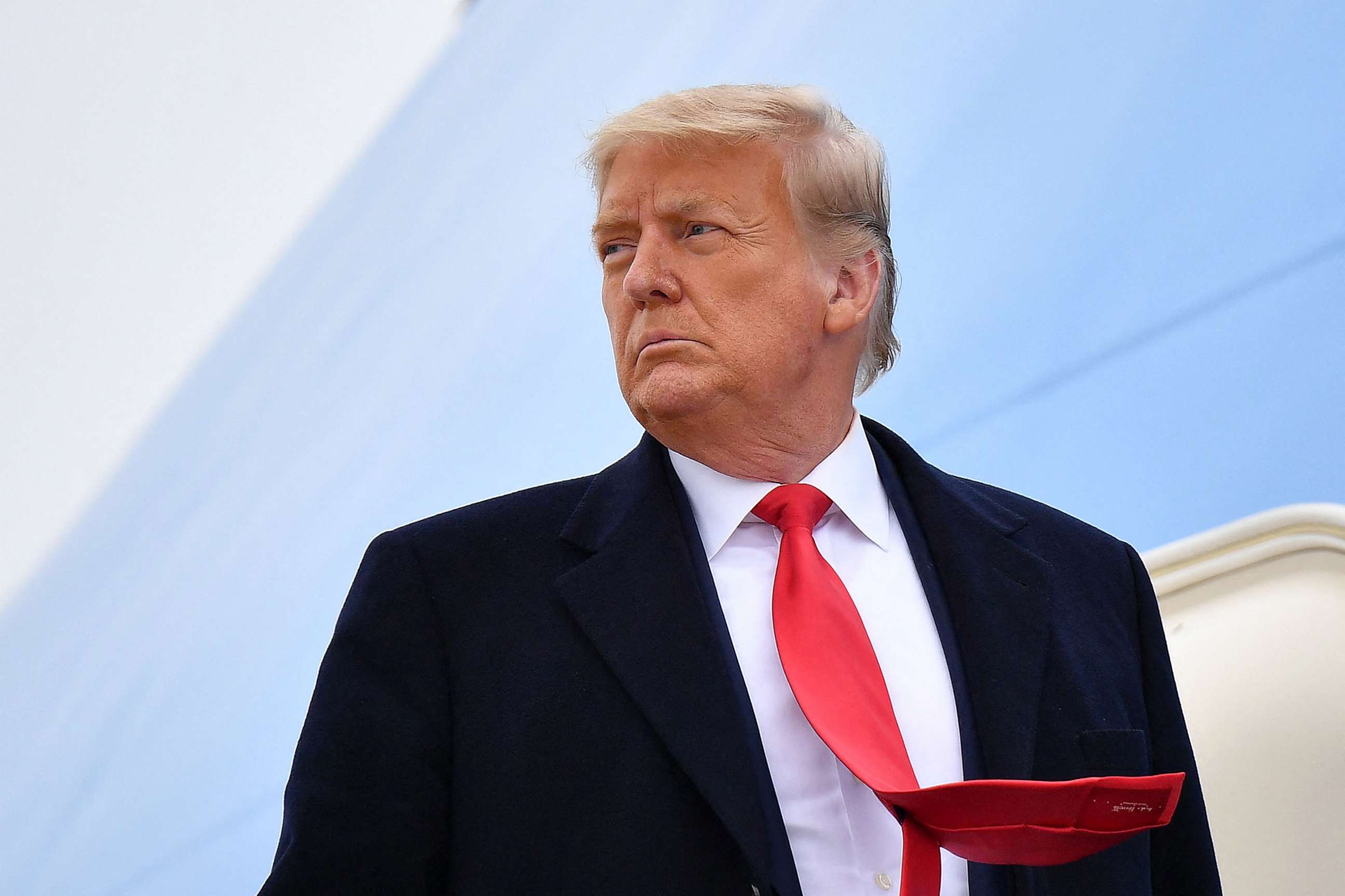
But his words—calling critics “fools”—may ultimately backfire, triggering investigations, legislative action, and a public reckoning with the dangers of foreign gifts and presidential self-dealing. As the story unfolds, the United States faces a pivotal question: Will it allow the normalization of global influence peddling at the highest level of government, or will it finally draw the line?
